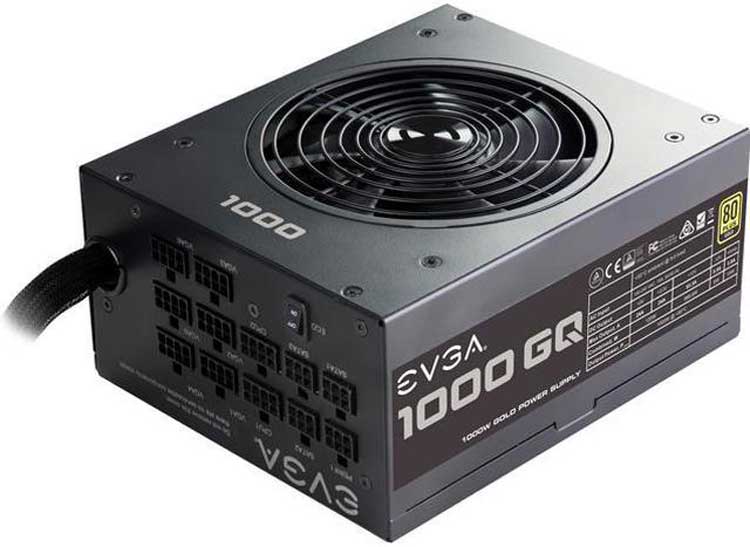Long story short:
A user buys in 2022 a new EVGA GQ1000, which has coil whine issues.
At his own expense, he sends the PSU for RMA to EVGA under warranty. Per their instructions, he keeps the cable and accessories and sends only the PSU. This is a standard procedure to save money on shipping costs. He received the new PSU a few weeks later but only tried it out a few years later!
He replaced the PSU he had been running all this time, a Corsair one, along with its cables, and installed the EVGA unit. Typically, he heard the bypass relay’s click sound once he booted the system, but the system didn’t start, meaning that SCP was triggered, shutting down the PSU to prevent further damage.
He checked the cables, and nothing was wrong since he used the EVGA cables from the RMA unit. He disconnected the SATA power from the drives, and the system started just fine. The same user mentioned that he checked the outputs on the SATA connectors with a multimeter, which were all wrong.
He called EVGA and got someone on the line, a tech, who pulled his RMA file, so he knew the problem. This guy said at some point that the pin layout of these PSUs was changed, which the user did not know, and neither did the RMA person in EVGA, who told him ONLY to send the PSU and NOT its cables. The tech guy mentioned that since the system booted, only the SATA pinout has changed, so he could send some new cables to fix the issue. The user would return to his previous Corsair PSU to keep its system operational until the new cables arrived.
The user installed the Corsair PSU, only to see that his 22TB storage had gone. The system couldn’t see any of them. He checked the drives on other systems and nothing.
He tried to talk this over with EVGA since, besides the drives, he also lost precious data, which he had to recover, only to get informed from EVGA the following.:
“We’ve never encountered a warranty that offers to cover loss of data or the costs related to the recovery of data, and to the letter of our warranty terms, we don’t cover any loss or damages incurred by our products either”
EVGA instructed the user to deal with the hard drive manufacturers, which is unethical advice to provide when the drives were damaged because they received incorrect voltage rails!
This whole incident leads to the following conclusions:
- Buying a PSU based on its long warranty isn’t a panacea. It depends, of course, on the manufacturer.
- The pinouts on the PSUs’ modular boards are not standardized, so users should be extra cautious about using the wrong cables!
- Why Intel hasn’t forced a standardized pinout on the modular PSUs so far?
- Can EVGA provide proper RMA, given that they make such major changes to their PSU products without even their own technicians and RMA people being aware of that?



the best warranty service is the one you don’t have to use
changing the pinouts of your own product, the same model even, in a way that allows you to improperly connect anything, without taking care to change the shape of connectors, is a severe negligence at best and refusing to take the responsibility is a case for court for sure
but it depends mostly on the country whether the customer has even a chance to get a reasonable outcome
…or sufficient media massage can change RMA policy/approach.
It seems…
I have a box full of cables from all different PSU manufacturers and it is still idiotic that even the same brand has many different pinout layouts.
Are there actual improvements between different type of Corsair cables or connectors? Are they making cheaper lighter cooper or aluminium mixed cables on some generations? How do they justify the need for changing layouts? And why can’t they improve (which is their most probable argument) within the same layout as we’ve seen with the 12VHPWR changing into 12v2x6?
This short article deserves to be highly promoted. Especially crucial is the question:
–” Why Intel hasn’t forced a standardized pinout on the modular PSUs so far?“
I hope that having Aris involved will help. … So we are all grateful for this endeavor.
…
–” Can EVGA provide proper RMA, given that they make such major changes to their PSU products without even their own technicians and RMA people being aware of that?”
I think, this is due to the number of OEM/ODM for EVGA PSUs, which are circa a dozen 🙂
I will try to organize something, for a standarized PSU pinout.
This is the way …👍